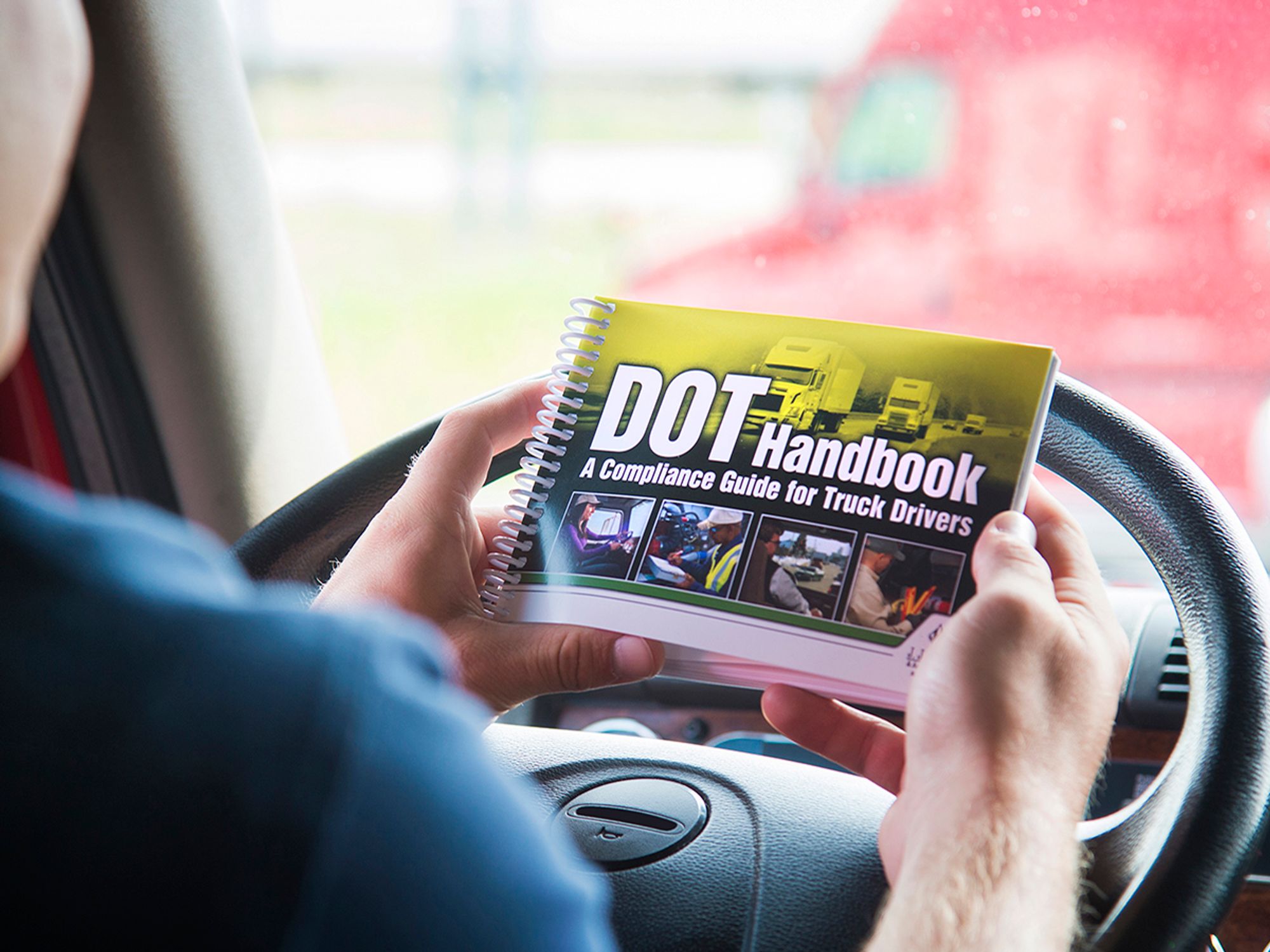What regulations apply to DOT drug and alcohol testing?

- Employers with drivers required to hold a commercial driver’s license are subject to FMCSA drug and alcohol testing requirements and standards.
- State and federal employment laws may also apply.
The Federal Motor Carrier Safety Administration (FMCSA) drug and alcohol testing standards are found in Part 382. These regulations go hand-in-hand with the Department of Transportation (DOT) testing procedures in Part 40, which apply to all DOT agencies including the FMCSA.
Part 382 addresses the prohibitions and consequences of drug use and alcohol abuse and specifies which tests are required when. Part 40 specifies how those tests are to be conducted and evaluated and how drivers are to complete treatment when they violate the rules.
Employers should check state and federal employment laws for other requirements or regulations that may apply to drug and alcohol testing.
Who is subject to FMCSA testing requirements?
While all commercial motor vehicle (CMV) drivers are subject to certain prohibitions on the use of drugs or alcohol, only drivers who are required to hold a commercial driver’s license (CDL) are subject to the testing requirements. If an employee does not qualify for testing under Part 382 (not performing safety-sensitive functions through operation of a CMV requiring a CDL), DOT drug and/or alcohol testing of the individual is not required. If an employer wants to test employees who are not in a safety-sensitive position, it must be done under company policy in a non-DOT program. Company policy programs must be managed within the confines of state and federal employment laws.
